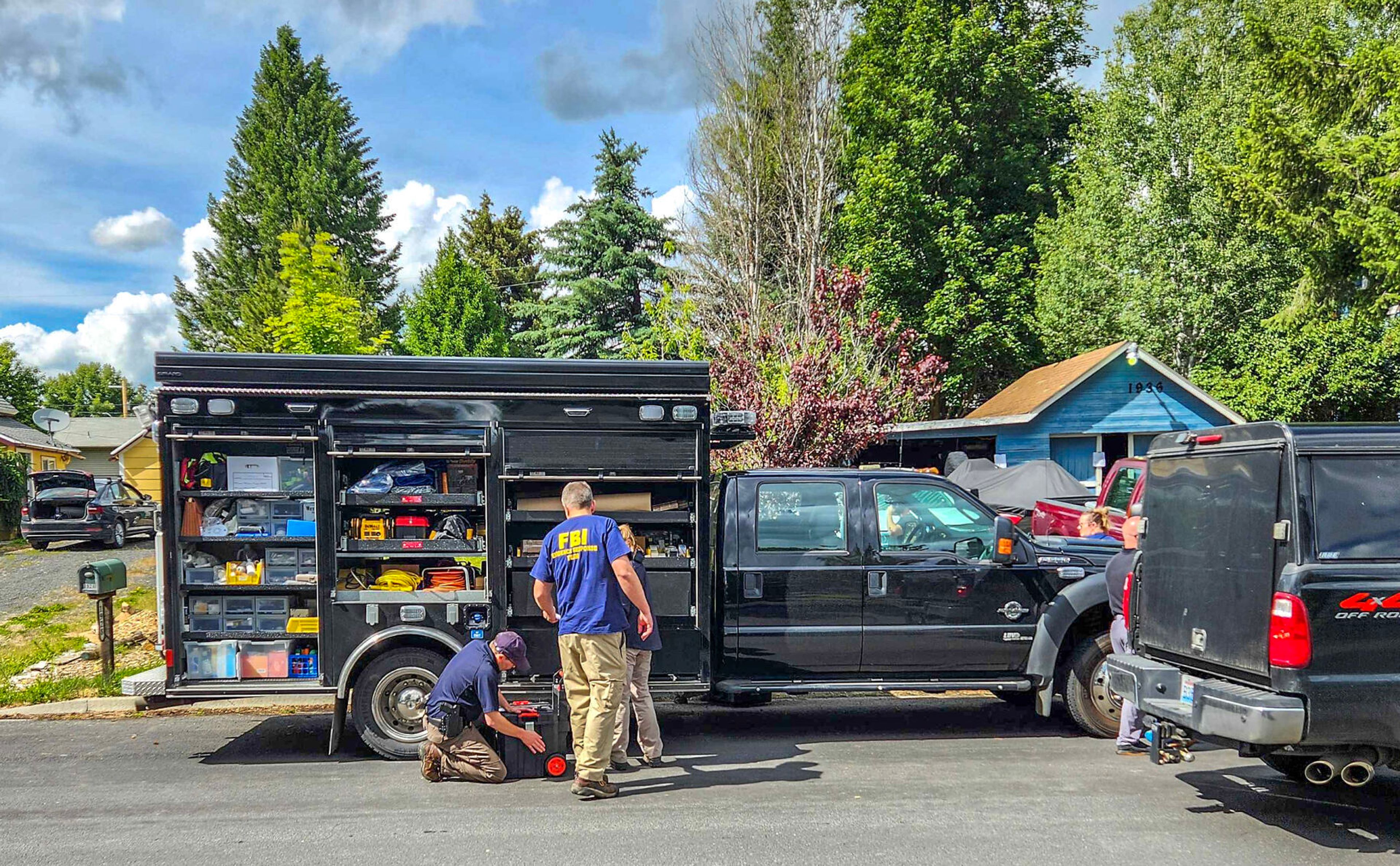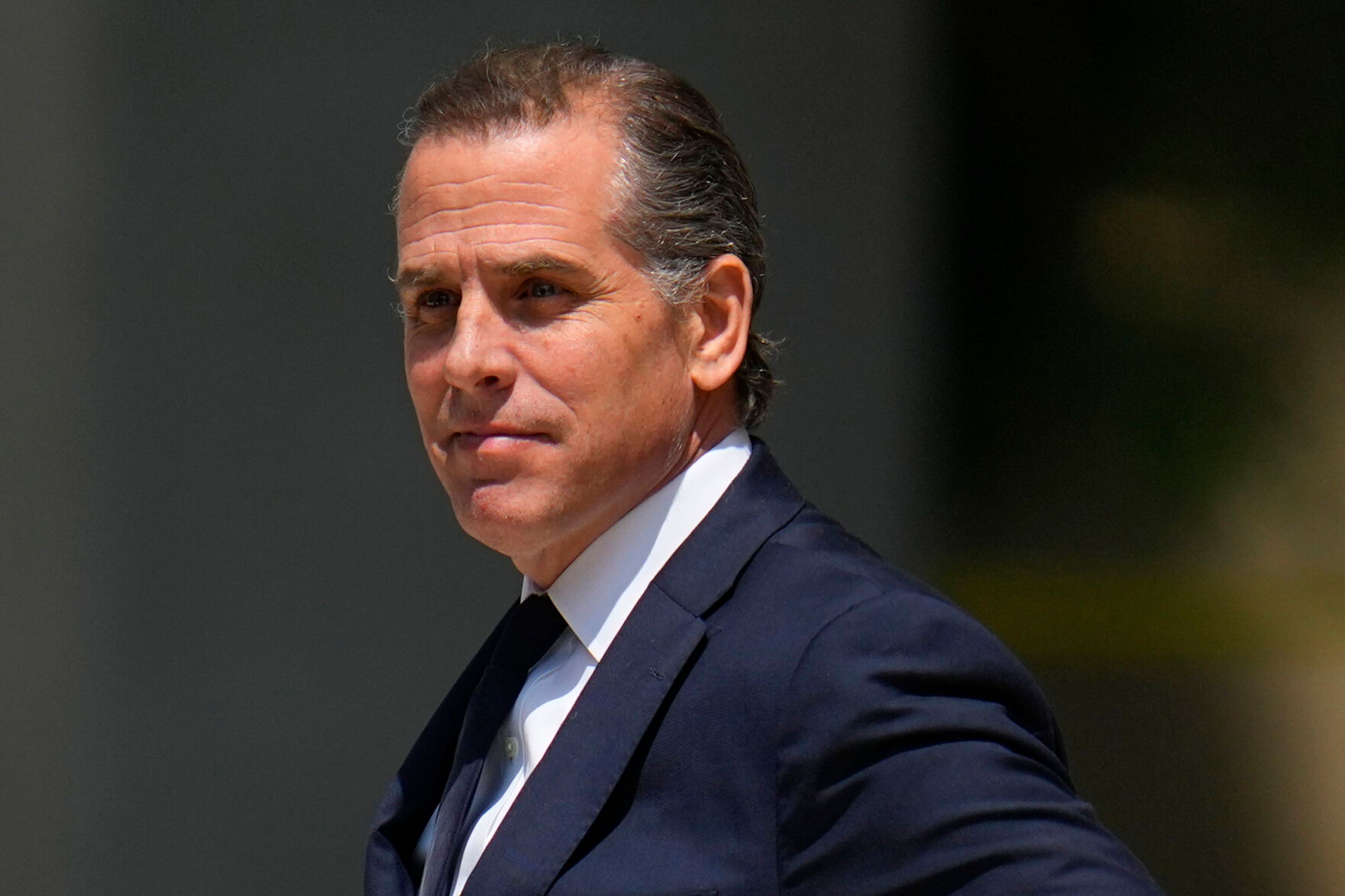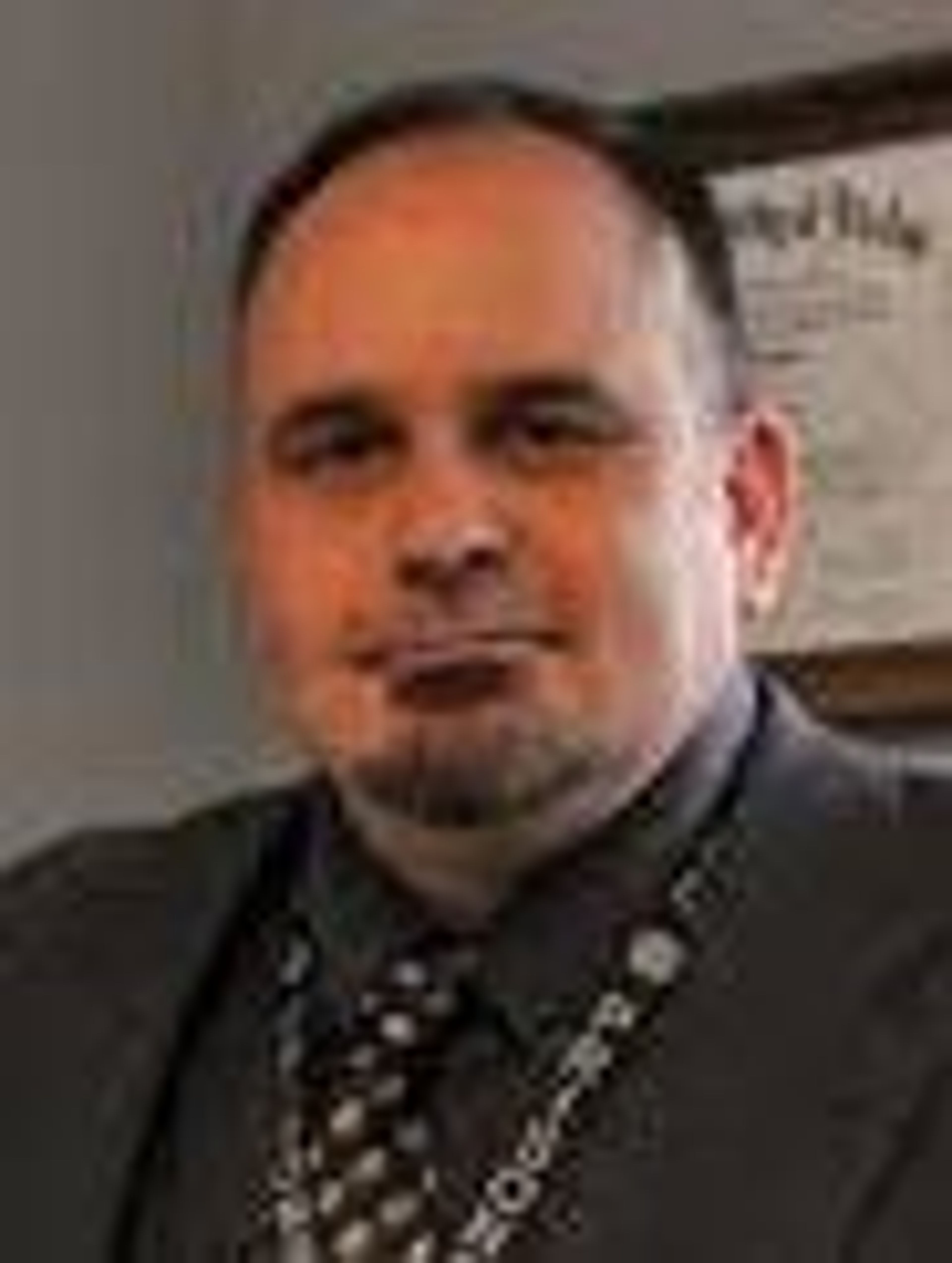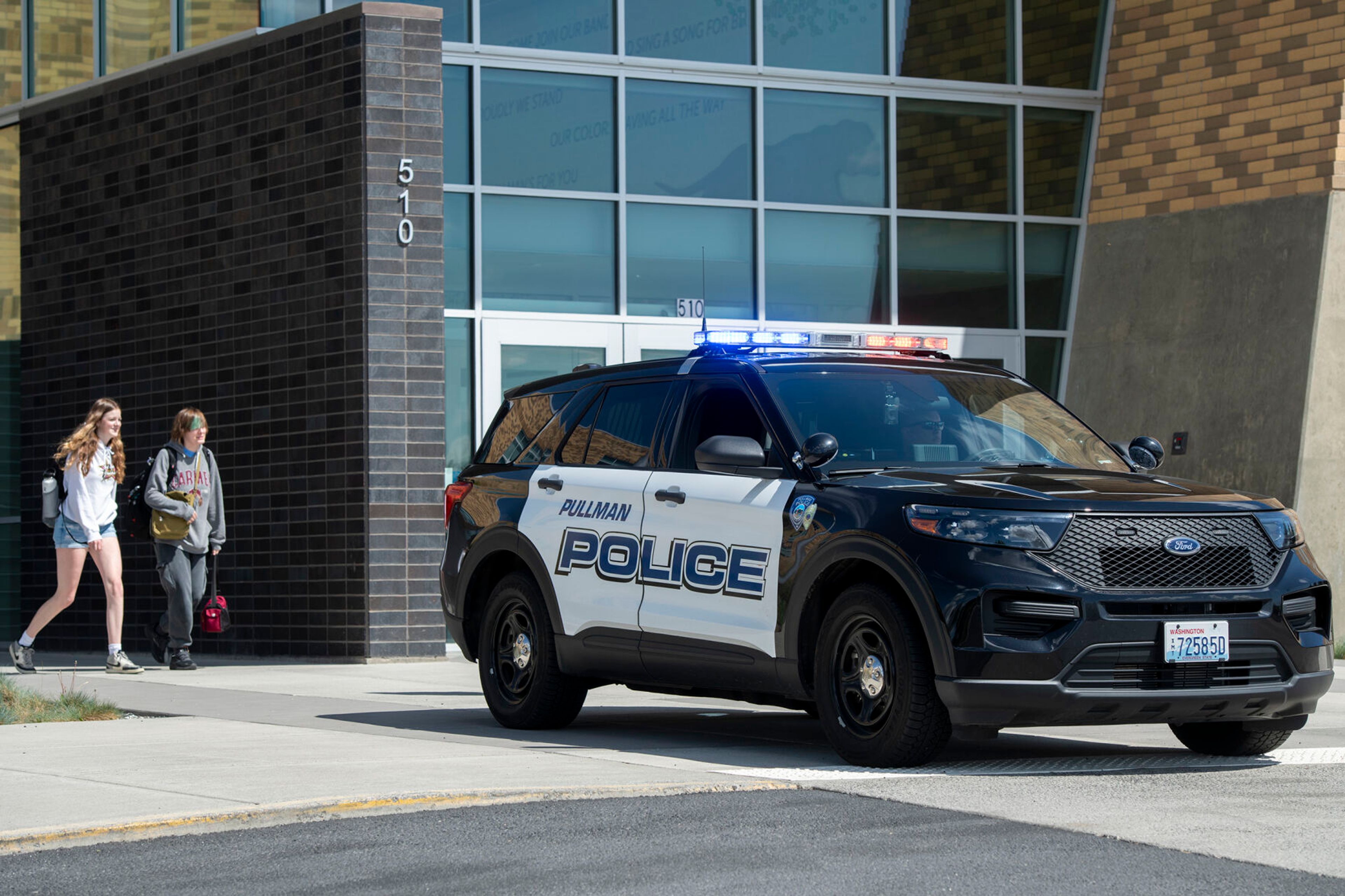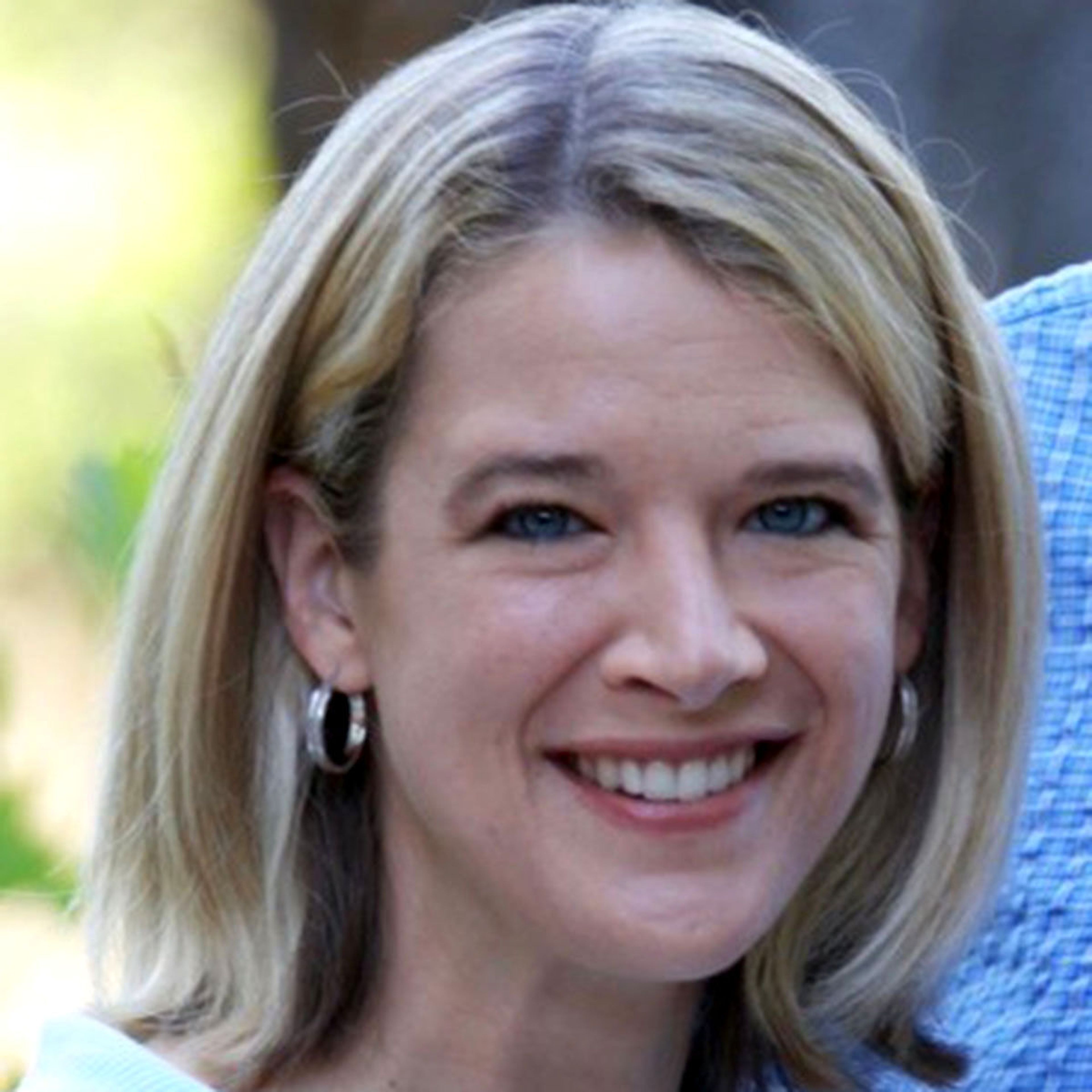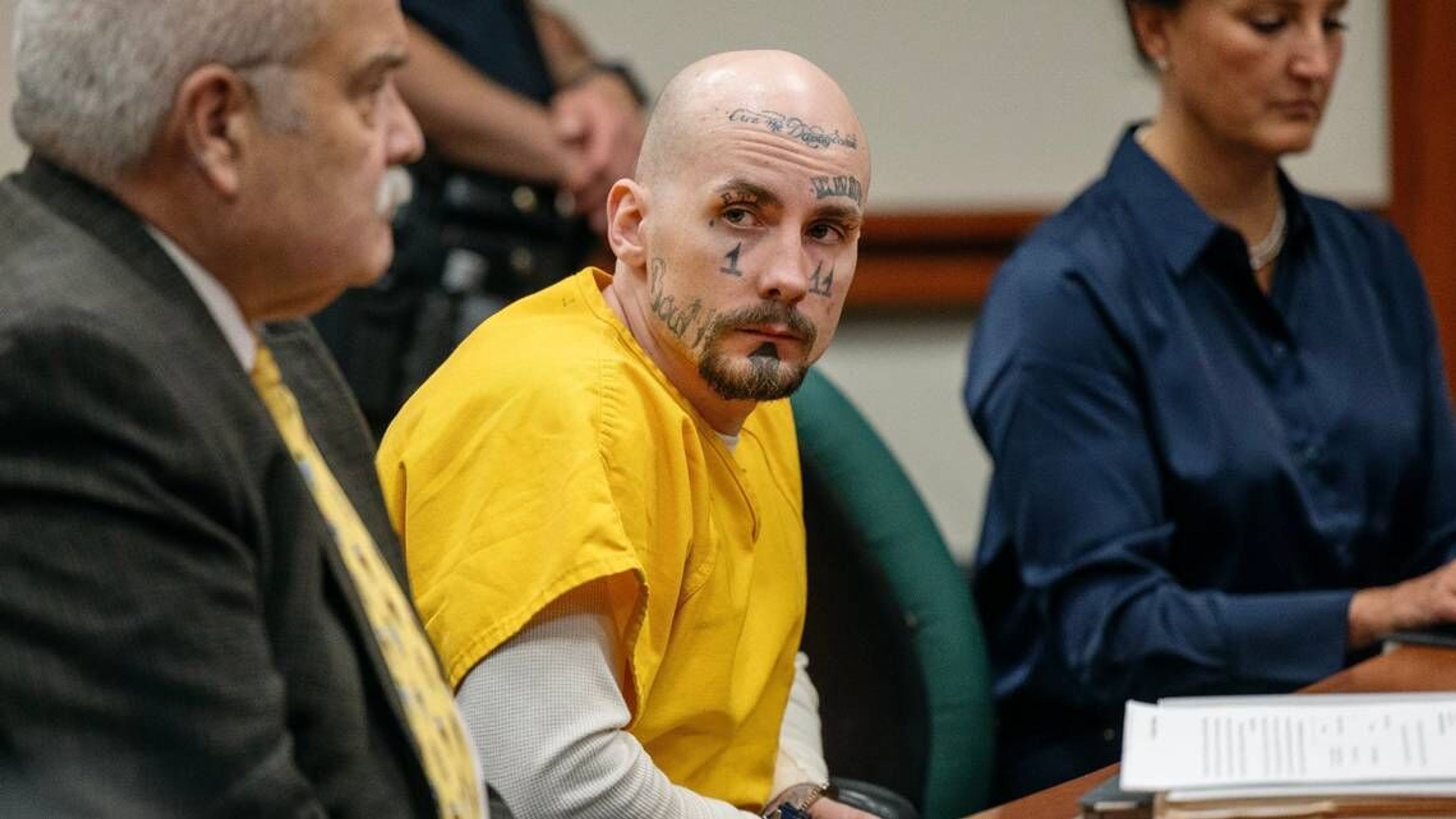Veterans in the criminal justice system may face additional hurdles when they seek treatment, but they can get help with those obstacles in a 2nd District program tailored specifically for them.
Each veteran who comes through the veterans court program has their own challenges that create a new and unique experience for the mentor, said Pat Carey, veteran mentor coordinator. The mentor tries to connect with the person and help them work through the issues that have put them in the criminal justice system. Carey, of Moscow, has been a mentor for the last eight years and is himself an Army veteran serving from 1969-72.
Veterans treatment court serves all of the 2nd District, which includes Nez Perce, Latah, Idaho, Clearwater and Lewis counties. However, covering that large of an area poses a challenge for letting people know about the program and providing mentors.
“(Veterans are) not all aware we exist,” Carey said. “We’re hopeful that someone out there that reads (this article) and knows a veteran and lets them know we do exist.”
The treatment court is also spreading the word through the jails, so if someone is booked and is a veteran, they can contact the treatment court.
Carey said the program is hoping to get as many people as possible to work as mentors so every veteran can have their own mentor. Right now, there are seven mentors serving three or four veterans at a time.
Carey is hoping to expand the number of veterans and the areas of service, even adding more female veterans to work as mentors in case there are any women who come through the program. They also try to match up veterans and mentors who have served in the same branch of the military, like Marines with Marines, and the same type of service, like two veterans who have served in combat.
“That’s another reason we need a bigger pool of veterans (for mentoring),” Carey said.
Making sure the veterans are paired with the right mentor is another goal Carey has and another reason why more mentors are needed.
“If there’s not good chemistry, we would like to switch them up and find one where the chemistry is good,” Carey said. “It’s one more thing that can help or hinder the veteran’s progress through the court system.”
Sometimes those who have graduated from the veterans treatment court program continue on as mentors themselves. Other times, they graduate and have other commitments to focus on.
“Hopefully they go on to start living a good, fruitful life with their family,” Carey said, which sometimes involves reconnecting with family. “Those that go on to those demands on their time, that’s OK. We wish them well.”
To become a mentor at the veterans court, a person needs to have an honorable discharge from the military and no felony conviction. They also have to pass various background checks and screenings. Once the person has been accepted, there is a brief afternoon training session. Those who are interested in being a mentor can contact Carey at (951) 675-0095.
After that, the mentor meets with the veteran once a week and attends court with them twice a month.
“Those meetings can be as brief or as lengthy as those two fellas want to have them,” Carey said.
If the veteran is doing well, the session can be brief, a quick phone call or an in-person chat. If the veteran is struggling, the conversation can be as long as necessary.
If the veteran is struggling with mental health or drug treatment, the mentor can help find support in that area. In the court setting, the mentor acts as a supportive figure.
“You’re their physical presence to let that veteran know he’s not alone in that whole court facility,” Carey said.
Lisa Martin, 2nd District treatment court manager, said that program began in 2013 with help from the veterans treatment court in Spokane and the national program, Justice for Vets, which helped the court with resources and training.
Since the program started, there have been 44 veterans who have graduated. Currently, there are nine veterans participating and the program typically has 10-11 veterans at a time, the most being 17 when the program first started.
The program lasts 27 months and provides additional resources for veterans through addiction treatment and counseling for post-traumatic stress disorder or domestic violence. As part of the program, veterans go through programming and treatment that involves 6-9 hours of group and individual counseling, along with random drug and alcohol testing. When they graduate, it doesn’t mean their court case goes away, but it can result in a reduced charge or having the charge dismissed, depending on the case and how the state wants to handle it.
During the veterans treatment court sessions, the atmosphere is more casual. The judge speaks to the defendants directly; there are no attorneys. Retired Judge Carl Kerrick presides over the veterans treatment court, at least until January when Magistrate Judge Sunil Ramalingam takes over.
The veterans talk with the judge about how the program is going and share updates on their treatment or their personal lives, like housing, health and jobs. The judge lets the veteran know their status in the program and when they are moving on to a different phase or close to graduation. Kerrick also awards the participants with certificates when they hit certain milestones, like completing a community project or marking how long they’ve been sober. There are also shared meals and other events for the veterans and their mentors to attend.
During the proceedings, the veterans and their mentors fill the courtroom. The mentors are a unique aspect to the veterans treatment court compared to other treatment courts.
The veterans treatment court concept began in 2008 in Buffalo, N.Y., when a veteran who had been arrested was unwilling to talk with anyone until he found out one of the jailers was a veteran and began to speak with him.
“The camaraderie of veterans makes a difference in its success,” Martin said.
Carey also cited the brotherhood mentality among veterans as a reason for the program’s effectiveness.
“Not every vet has seen combat, but there’s still that common bond of having served between mentee and mentor,” Carey said. “That’s one of the things that can help him and steady him and get him back into society and thrive. That’s our goal.”
That relationship continues even after the veteran has graduated from the program.
“We have many, many cases where people stay in touch,” Carey said.
Then, if the veteran is struggling in the future, they have that person they can rely on for a listening ear.
Brewster may be contacted at kbrewster@lmtribune.com or at (208) 848-2297.


